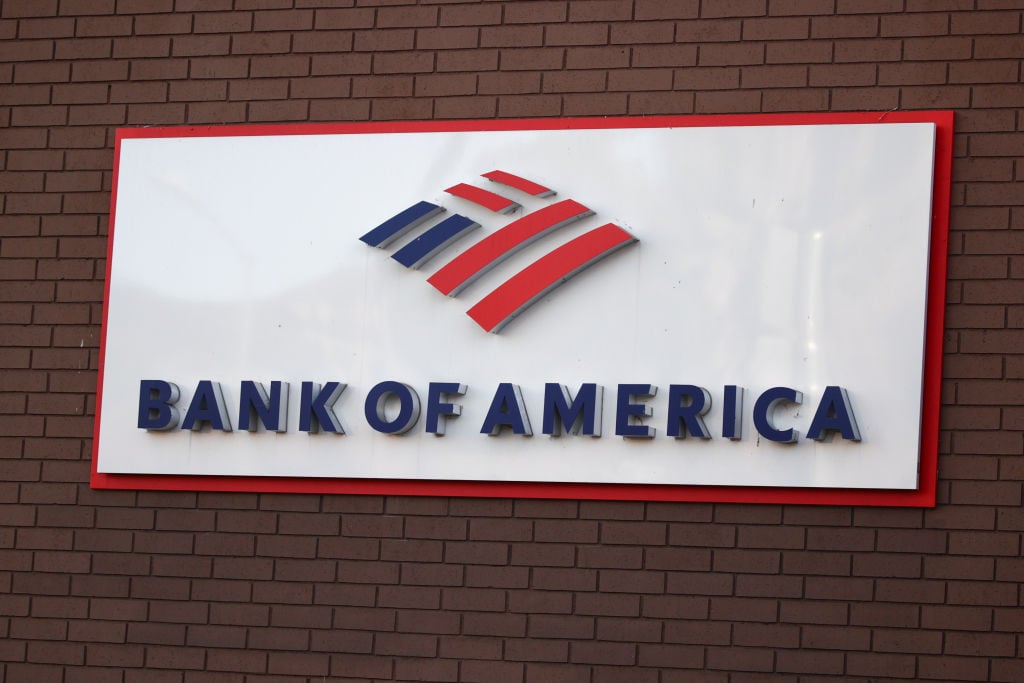Scoff at this headline if you'd like. But it's true: Bank of America (NYSE: BAC) is getting whooped by every one of its peers.
I'm talking about credit cards here, and when it comes to defaults, B of A is in a league of its own:
|
Bank |
February Credit Card Default Rate |
January Credit Card Default Rate |
|---|---|---|
|
American Express (NYSE: AXP) |
7.40% |
7.00% |
|
Capital One (NYSE: COF) |
10.19% |
10.41% |
|
Citigroup (NYSE: C) |
11.29% |
9.80% |
|
Discover Financial (NYSE: DFS) |
9.11% |
8.58% |
|
JPMorgan Chase (NYSE: JPM) |
9.21% |
10.91% |
|
Bank of America |
13.51% |
13.25% |
That trend -- B of A's defaults being well behind the rest -- isn't new. It's been fairly consistent since credit card markets started tanking over the past two years. And don't downplay these figures. When you own well over a hundred billion dollars of credit card loans, a percentage point or two in excess defaults over your peers makes a huge difference to net income.
The question is why B of A's credit card portfolio is so ugly. The best answer I found comes from its own CEO. Last November, CEO Brian Moynihan (who ran the credit card division at the time) bluntly summed up the credit card problem by saying, "We gave a lot of cards out to our customers. We were giving them to too many people." Which isn't really surprising: Credit cards used to be insanely profitable ... until they weren't.
That's now perfectly obvious in hindsight, and it's a little late to ridicule management for passing out credit cards to the destitute in 2005. But there's a takeaway here that still seems to be lost on bankers everywhere.
When a bank is on a mission to grow its loan portfolio, it should ask itself two questions:
- Who are these new customers we're lending to?
- Why aren't other banks lending them money already?
Often times, the answer is that one bank thinks it's found a profitable group of borrowers other banks perceive to be too risky and hence ignore (remember subprime?). Nine times out of 10, they're wrong.
So whenever you hear a bank boast about loan growth in a particular product that happens to be unusually profitable? Run.







